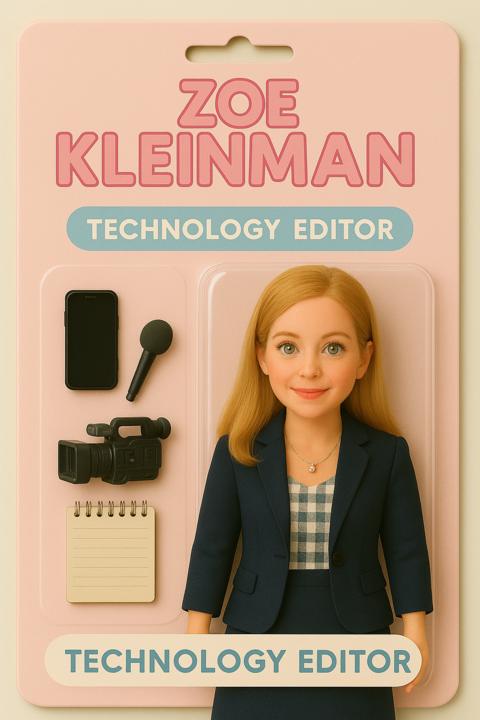When scrolling through social media, you may have recently seen friends and family appearing in miniature.
It's part of a new trend where people use generative artificial intelligence (AI) tools like ChatGPT and Copilot to re-package themselves - literally - as pocket-sized dolls and action figures.
It has taken off online, with brands and influencers dabbling in creating their mini-me.
But some are urging people to steer clear of the seemingly innocent trend, saying fear of missing out shouldn't override concerns about AI's energy and data use.
